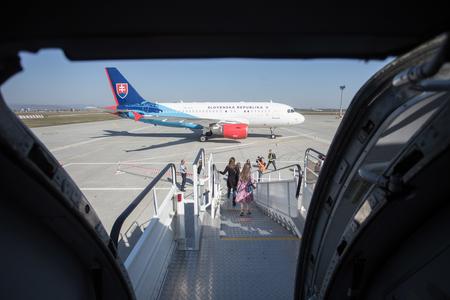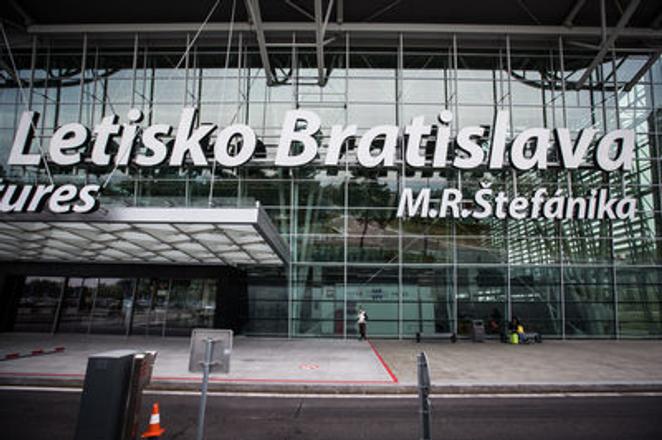The state wants to solve the problems of Bratislava airport, the biggest in Slovakia, by renting it out to a private investor. The concessionaire agreement, valid for 30 years, should concern its operation, maintenance and further development.
This stems from the document authored by the Transport Ministry, which the government approved at its December 19 session.

“Based on the results of the feasibility study, the concessionaire variant proved to be the best alternative for Bratislava airport if the international tender, attended by experienced investors, is prepared well,” reads the submission report, as quoted by the TASR newswire.
Transport Minister, Árpád Érsek, is now expected to start preparing the tender.
What will the contract be about?
A consulting company recommends signing the concessionaire agreement with a strategic investor for 30 years, since the strategy involves future investments in the reconstruction of the airport’s infrastructure, the transfer of the current debt services and the duty of the investor to pay concessionaire fees.
The Transport Ministry expects an entrance fee for the concessionaire at €5 million in 2020, and then €1.306 million a year as a fee for using the airport.
“The specific calculation of the project’s contribution to the general government budget will be known only after the public tender is over and the complete version of the concessionaire agreement is prepared,” the ministry said, as quoted by TASR.

The runways and related infrastructure will remain in the airport’s hands.
“In Implementing the public-private partnership project by granting a concession, the long-term sustainable development of the Bratislava airport will be secured,” reads the submission report. “It is expected that the strategic partner will improve the competitiveness of the Bratislava airport in the region, and increase the offer and quality of its services.”
The secondary benefit for the state should be the minimalisation of risks related to the ownership and operation of the airport, while the state will still have a certain control over its strategic assets.


 Bratislava airport (source: Sme - Jozef Jakubčo)
Bratislava airport (source: Sme - Jozef Jakubčo)